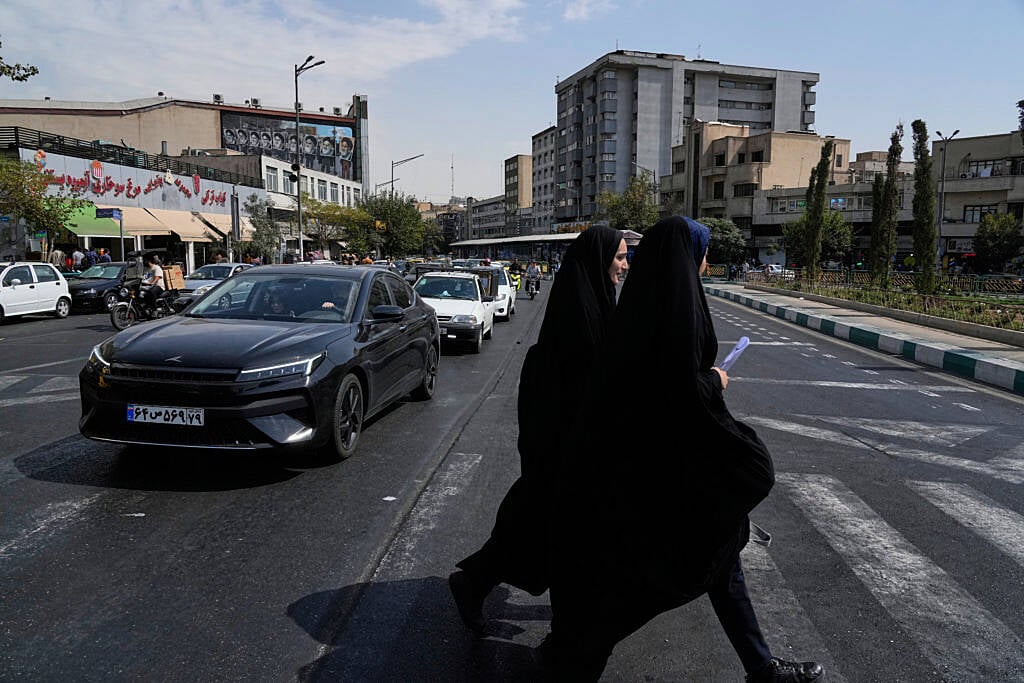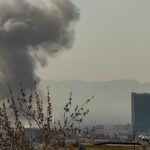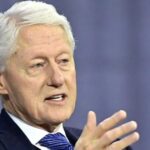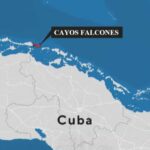Iran denounces reimposed UN sanctions and considers response

Iran Prepares for Possible Confrontation as UN Reimposes Sanctions
Iran is preparing for a possible confrontation with the West after the United Nations reimposed sanctions over its nuclear programme. Despite this, some voices within the country continue to push for negotiations aimed at easing the economic pressure squeezing Iran.
The sanctions, which were imposed before dawn on Sunday, once again freeze Iranian assets abroad, halt arms deals with Tehran, and penalise developments in Iran’s ballistic missile programme, among other measures. These restrictions came through a mechanism known as “snapback,” included in Iran’s 2015 nuclear deal with world powers.
Following the announcement, Iran’s Parliament briefly denounced the sanctions on Sunday before entering a closed-door session likely focused on the country’s response. Possible reactions could include abandoning the Nuclear Nonproliferation Treaty and accelerating efforts to develop nuclear weapons.
Concerns Mount Over Regional Stability
There are rising worries about a new round of fighting between Iran and Israel, as well as potential involvement by the United States. Missile sites that were struck during the 12-day war in June appear to be under reconstruction, raising tensions in the region.
Meanwhile, Iran’s currency, the rial, fell to a new record low of 1.1 million to 1 US dollar. This depreciation has driven food prices even higher, making daily life increasingly challenging for many Iranians.
Calls for Negotiation Within Iran
Mohsen Rahaei, a 49-year-old resident of Tehran, expressed his view on the situation: “The government must negotiate. This is a world of business. One must get along with everyone, with all countries.”
Iran made a final diplomatic push at the UN General Assembly in New York this week. However, efforts by Iranian officials, alongside Russia and China, failed to prevent the sanctions from being reimposed.
Parliament Weighs Withdrawal from Nuclear Treaty
Speaking to the Young Journalists Club, affiliated with Iranian state television, politician Ismail Kowsari said Parliament would discuss withdrawing from the Nuclear Nonproliferation Treaty. Experts fear such a move could lead Iran down a path similar to North Korea’s, which abandoned the treaty before acquiring nuclear weapons.
Kowsari, however, stated that withdrawing would not necessarily mean Iran would pursue nuclear bombs. Such a significant decision would require the approval of Iran’s 86-year-old Supreme Leader, Ayatollah Ali Khamenei. Iranian diplomats have long pointed to Khamenei’s religious edict, or fatwa, that bans the development of atomic bombs.
Strong Warnings Against Compliance with Sanctions
Parliament Speaker Mohammad Bagher Qalibaf issued a stern warning to those who might comply with the UN sanctions. “We announce that if any country wants to take action against Iran based on these illegal resolutions, it will face serious reciprocal action from Iran. The three European countries that initiated this illegal action will also face our reaction,” Qalibaf stated, according to the state-run IRNA news agency.
Following this, Parliament entered a closed session, with no formal announcements regarding their decisions.
International Reactions
Israel’s Foreign Ministry welcomed the reimposition of sanctions, stating: “The goal is clear: prevent a nuclear-armed Iran. The world must use every tool to achieve this goal.”
France, Germany, and the United Kingdom triggered the snapback mechanism 30 days ago due to Iran’s further restrictions on monitoring its nuclear programme and the deadlock in negotiations with the United States.
Iran’s Nuclear Status
After the recent conflict with Israel in June, Iran further restricted access to nuclear sites monitored by the International Atomic Energy Agency (IAEA). The US also conducted strikes on nuclear sites within Iran during the conflict.
Currently, Iran maintains a stockpile of uranium enriched up to 60% purity—a technical step short of weapons-grade uranium at 90%, and sufficient to produce several atomic bombs. Iran insists that its nuclear programme is peaceful, though the West and the IAEA maintain that Tehran had organized a weapons programme up until 2003.
The three European nations stated that they continuously attempted to avoid triggering the snapback sanctions. However, Iran has neither authorized IAEA inspectors access to its nuclear sites nor submitted reports accounting for its highly enriched uranium stockpile. These countries also highlighted that Iran enriches uranium to levels that no other peaceful programme does.
US Response
US Secretary of State Marco Rubio praised the European countries for demonstrating “decisive global leadership” by imposing sanctions on Iran. He emphasized that diplomacy remains an option but stressed: “For that to happen, Iran must accept direct talks.”
As tensions escalate, the international community watches closely the developments in Iran and the region, hoping for a resolution that avoids conflict while addressing concerns over nuclear proliferation.
https://www.breakingnews.ie/world/iran-denounces-reimposed-un-sanctions-and-considers-response-1812209.html







